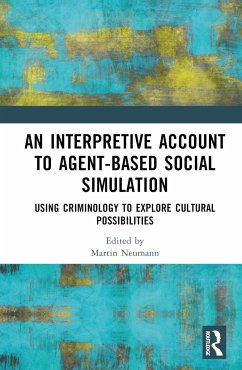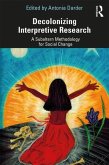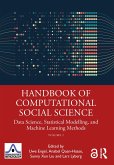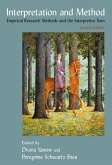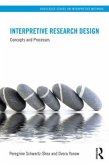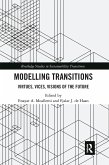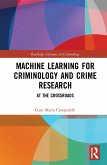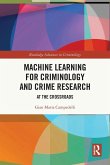Using the investigation of criminal culture as an example application, this edited volume presents a novel approach to agent-based simulation: interpretive agent-based social simulation as a methodological and transdisciplinary approach to examining the potential of qualitative data and methods for agent-based modelling (ABM).
Featuring updated articles as well as original chapters which provide a cohesive and novel approach to the digital humanities, the book challenges the common conviction that hermeneutics and simulation are two mutually exclusive ways to understand and explain human behaviour and social change. Exploring how methodology benefits from taking cultural complexities into account and bringing these methods together in an innovative combination of qualitative-hermeneutic and digital techniques, the book unites experts in the field to connect ABM to narrative theories, thereby providing a novel tool for cultural studies.
An innovative methodological contribution to narrative theory, this volume will be of primary benefit to researchers, scholars, and academics in the fields of ABM, hermeneutics, and criminology. The book will also appeal to those working in policing, security, and forensic consultation.
Featuring updated articles as well as original chapters which provide a cohesive and novel approach to the digital humanities, the book challenges the common conviction that hermeneutics and simulation are two mutually exclusive ways to understand and explain human behaviour and social change. Exploring how methodology benefits from taking cultural complexities into account and bringing these methods together in an innovative combination of qualitative-hermeneutic and digital techniques, the book unites experts in the field to connect ABM to narrative theories, thereby providing a novel tool for cultural studies.
An innovative methodological contribution to narrative theory, this volume will be of primary benefit to researchers, scholars, and academics in the fields of ABM, hermeneutics, and criminology. The book will also appeal to those working in policing, security, and forensic consultation.

